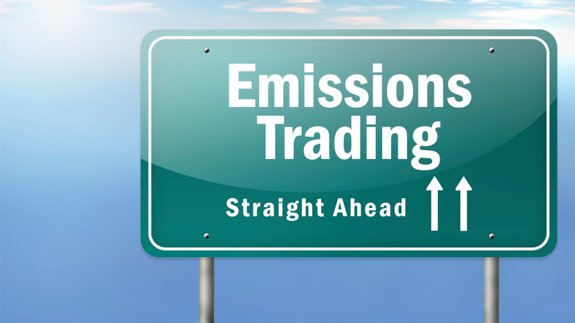A system to allow carbon trade to be linked between countries across the globe is the “most cost effective way possible” to cut CO2 emissions.
The Energy and Climate Change Committee believes the emissions trading system (ETS) is becoming “increasingly popular” and could provide a revenue stream for governments, potentially offsetting other taxes and supporting innovation.
The ETS is a policy for controlling greenhouse gas emissions, with a ‘cap and trade’ principle, which works by setting a limit on the amount of emissions that can be released from factories and power plants.
The Committee is calling for the climate summit in Paris to ensure it will be possible to link different regional, national and sub-national emissions trading systems around the world in the future.
Almost 200 countries are due to agree to cut CO2 emissions at the UN conference at the end of the year, with the overall aim of keeping global average temperature rise below 2C.
Chair of the Committee Tim Yeo said: “A global carbon market would ultimately be the best way to keep the world within a safe carbon budget because it is one of the most economically efficient ways to reduce emissions.
“Although there is no prospect of establishing emissions trading on a global scale in the immediate future, an international climate agreement that promotes carbon pricing and is favourable to linking represents the best chance of developing such a market in the long term.”
He added using taxes to set a carbon price does not guarantee any particular level of emissions reductions because the emitters “may simply pay the tax and carry on polluting”.
“Emissions trading allows us to set a cap on emissions and enables participating businesses to identify the most cost effective ways of reducing their emissions,” Mr Yeo suggseted.
The ECC believes the European Union’s ETS will play a “critical role” in linking different markets as it is the world’s longest running and largest market – covering 11,000 power stations and industrial plants in 31 countries.
In 2007, the EU incorporated Norway, Iceland and Liechtenstein into its trading system and is currently exploring the possibility of linking with Switzerland.





